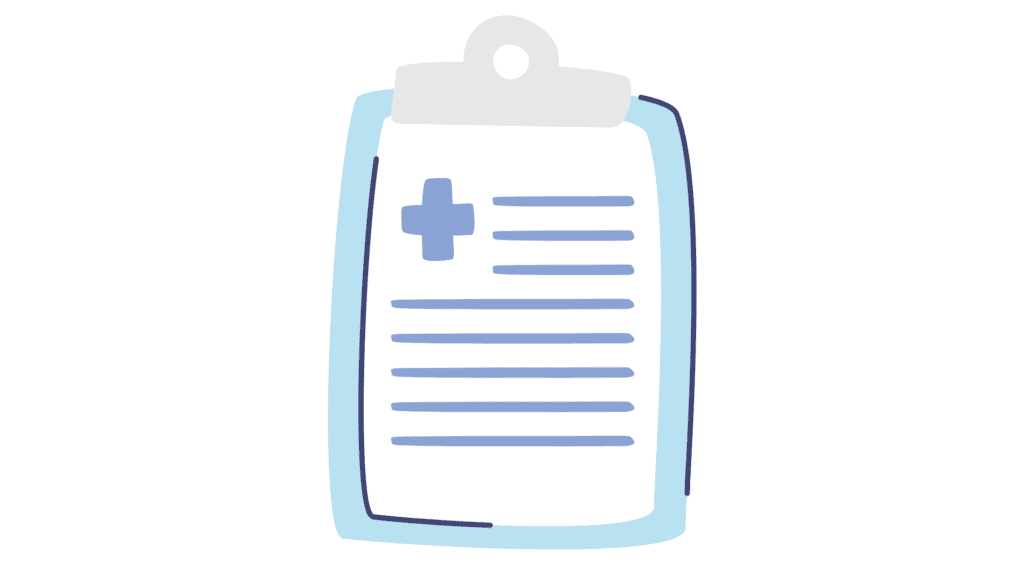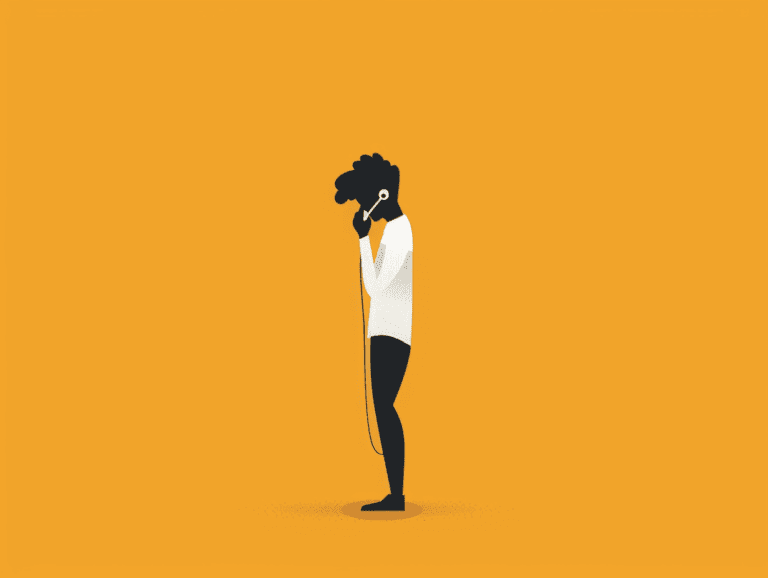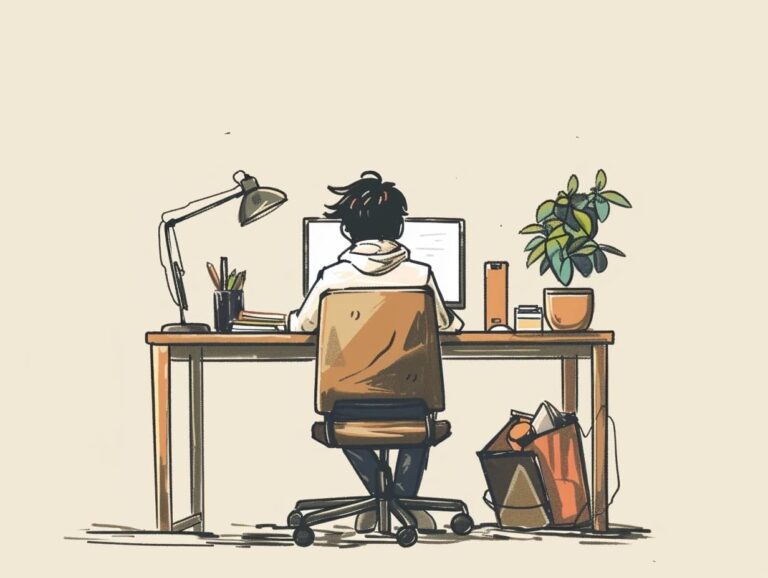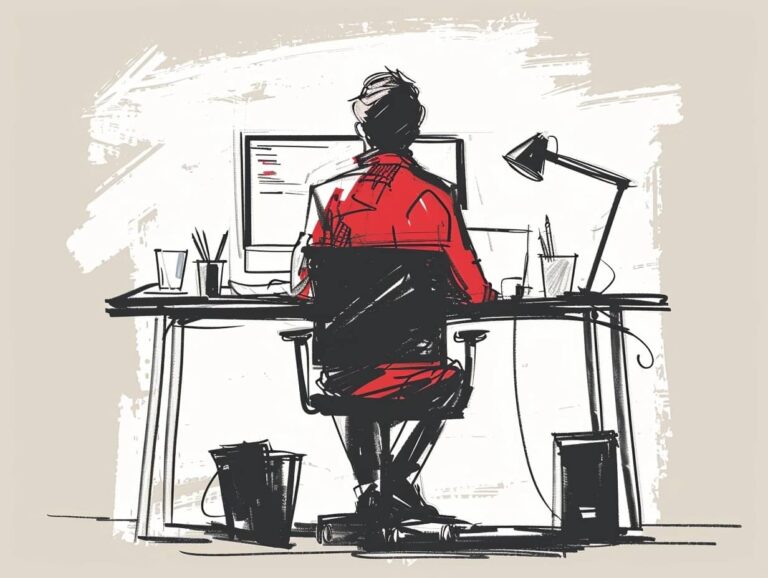8 Ways to Transition into a Public Health Career

Alright, let’s talk about getting into public health. If you’re all about health, community, and making a real difference, this could be your jam.
A lot of folks are finding their way into public health these days, and it’s pretty cool because it mixes up healthcare, science, and actually doing good for people.
Whether you’re switching gears from another job or just starting out, let me walk you through some steps that’ll help you dive into this field without feeling like you’re in over your head.
8 ways to transition to a public health career
1. Figure out what gets you excited
First things first, you gotta figure out what part of public health really lights your fire.
This field is huge, so take a minute to think about what you’re into. Maybe you love teaching people about health stuff, or perhaps you’re a numbers nerd who gets a kick out of analyzing data. Or hey, maybe you’re all about changing policies and fighting for health equality.
Whatever it is, knowing what you’re passionate about will help you zero in on the kind of job you want.
And don’t forget to set some goals for yourself. Think about where you want to be in a year, five years, that kind of thing. Like, if you’re all about stopping diseases before they start, you might want to kick things off with a job in health education. Having a game plan makes the whole transition thing way smoother.
2. Hit the books (or the laptop)

Okay, so public health usually needs some special know-how, which means you might need to do some learning.
A lot of people go for a master’s degree, and these days, you can even do it online. It’s pretty sweet because you can study stuff like epidemiology (fancy word for how diseases spread) and environmental health without having to quit your day job or move across the country.
Getting that advanced degree can open up a ton of doors, from research gigs to big-shot leadership roles.
Programs like a masters in public health online are popular because they offer flexibility, allowing you to study while working or balancing other commitments.
But hey, if going back to school full-time isn’t your thing, no worries. There are tons of certifications and short courses you can take to beef up your skills. The main thing is to pick something that fits with what you want to do.
3. Get your hands dirty
Nothing beats real-world experience, right?
Volunteering or interning with health organizations is a great way to get your feet wet. A lot of nonprofits and local health departments are always looking for help with stuff like teaching people about health, reaching out to communities, or helping run programs.
This kind of experience is gold. Not only do you learn a ton, but you also start building your network.
4. Rub elbows with the pros
Networking is huge when you’re changing careers. Getting to know people who are already doing what you want to do can open up all sorts of opportunities.
Hit up conferences, webinars, or local health meetings. It’s a great way to meet people and learn about what’s really going on in the field.
Don’t forget about online stuff too. LinkedIn and public health forums can be goldmines for connecting with people.
And if you can find a mentor? Even better. They can show you the ropes and help you avoid rookie mistakes.
5. Learn to talk the talk
In public health, being able to communicate well is super important. You’ve got to be able to take complicated health info and break it down so that regular folks can understand it and actually use it.
Whether you’re teaching people how to avoid getting sick, writing reports, or presenting data, you need to be clear and get your point across.
To get better at this, practice explaining health stuff in simple terms. Maybe take a public speaking class or a course in health communication. Being a good communicator not only makes you better at your job but also helps people trust you, which is huge in public health.
6. Get comfy with numbers

Data is central to public health. A lot of jobs need you to understand health data so you can keep an eye on trends, track disease outbreaks, or see if programs are actually working.
If you’re not a data whiz, don’t sweat it. Start by getting familiar with basic stats and tools like Excel, R, or SPSS.
Even if you’re not gunning for a super data-heavy job, knowing your way around numbers helps you work better with the data geeks and contribute to strategies that are based on real evidence.
7. Know the rules of the game
Public health has a lot of policies and regulations that are there to keep people safe. Learning about these laws and ethics gives you a better idea of how things work in the field.
This is especially important if you want to work in policy-making, health administration, or anything to do with regulations.
Start by looking into the major public health laws in your country. Knowing about stuff like vaccination requirements, workplace health rules, or how we control diseases helps you see the big picture of public health.
8. Master the art of community outreach
A big part of public health is working with all kinds of different communities.
Getting good at community outreach means you’ll be able to work well with people from all walks of life. It’s all about understanding what people need, teaching them about health issues, and helping them make positive changes.
To get better at this, practice really listening to people, being sensitive to different cultures, and showing empathy. These skills help you build trust and make real connections with communities.
And let me tell you, community outreach can be one of the most rewarding parts of the job because you get to see the difference you’re making in people’s lives.
So there you have it! Getting into public health is a journey, but it’s one that can be super rewarding.
By setting your sights on what you want, building up your skills, and staying connected with what’s happening in the field, you can carve out a career that really makes a difference.
Everyone’s path is different, so don’t worry if yours doesn’t look like everyone else’s. Each step you take gets you closer to a career where you can really help people and make your community healthier and stronger. Pretty cool.






